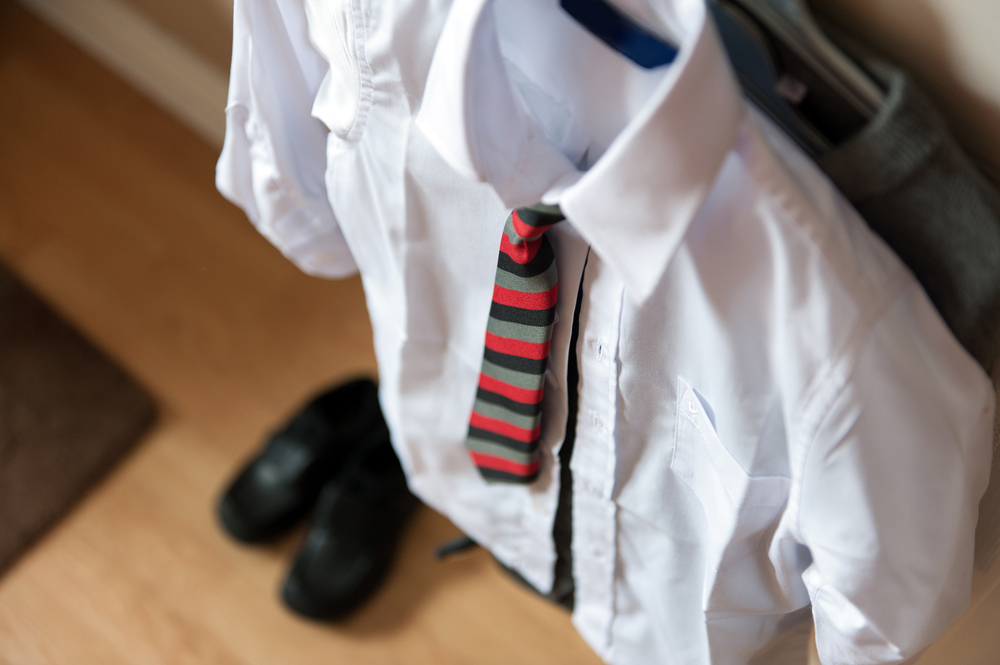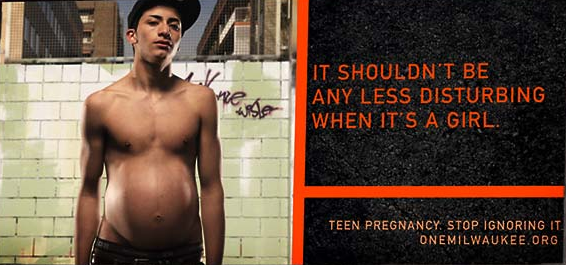When your child reaches adolescence, it’s a time of physical, mental and emotional growth. The stereotype of teens is that they are sullen, morose, and rebellious but actually they are often bright, energetic and interesting, too. When your teen enters the teen years you may be wondering to yourself if it’s possible to be surviving the troubled teen years without ruining your relationship with your child.
Here are 3 tips on surviving the troubled teen years:
Tip #1. Understand what is happening.
There are plenty of reasons why teens go from just fine to troubled. Sometimes there are medical issues or mental health issues, while other times there is trauma involved, like divorce or abuse. Still other troubled teens may not fully understand why they act the way they do. You can work with your teen by keeping communication open and getting them professional help, like a doctor or a therapist. Keep yourself informed every step of the way and you’ll be in a better position to help guide your troubled teen.
Tip #2. Pick the right battles.
Many parents don’t want to release control over their teens, while the teen is seeking independence. This creates a clash between parties, causing lots of problems. Instead of trying to control your teen’s every move, choose what areas are important, like curfew and drug use, and let go of the ones that aren’t, like music and hairstyles. Peer influence is particularly strong at this age, so unless the friends are leading your teen to destructive or bad habits, let your teen explore the different relationships and see what works and what doesn’t.
Tip #3. Offer unconditional love and frequent communication.
Even if your teenager never shows it, they want to know that someone in the world will love them no matter what they say or do. As a parent, it is your job to support your teen and give them the stability, security and love they deserve and that they need to explore the world as they transition to adulthood. Keeping communication lines open is critical in strengthening your relationship and allowing you to be a resource that your teen can turn to in times of peace and struggle.
As you watch your child move through their teenage years, you’ll see that if you apply these three tips, the ups and downs will start to smooth out and the challenges of adolescence will give way to those of adulthood. With the right guidance and support, your troubled teen can emerge as an independent, responsible adult who is ready to take on the world.








0 Comments